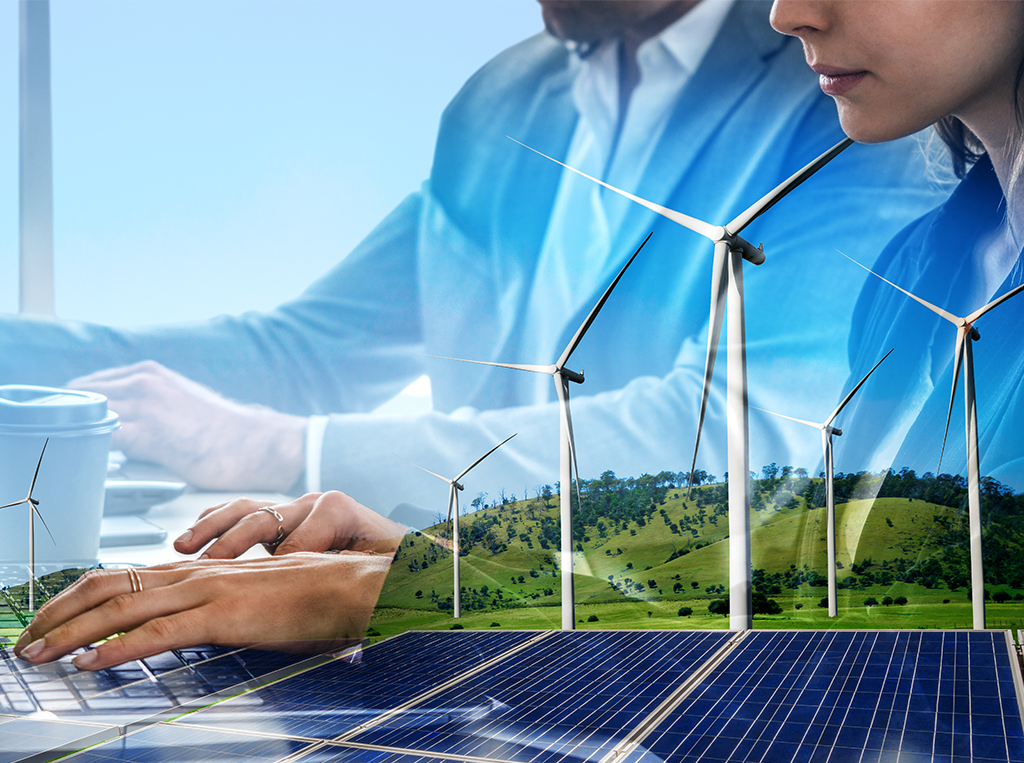The topic of sustainability is nothing new but how it is being applied to various industries has transformed in recent years. An increasing number of industries have reimagined their approach to sustainability in both the bigger picture as well as in everyday practices. Sustainability in construction is one such field that has seen major changes.

Construction could be a large contributor to less than ideal environmental and climate concerns, such as greenhouse gas emissions. With that said, changing construction methods to become more sustainable has the potential to completely reinvent the game as far as eco-friendliness is concerned. This stands to offer copious benefits in economic, social, and environmental states of well-being. But what is sustainability in construction at its core? How does one define sustainability in construction? What practices, materials, and methods are considered sustainable in the world of construction? In this article, we will explore what sustainability is in the context of construction and why it is necessary.
What is Sustainability in Construction?
Practicing sustainability in construction is a multifaceted endeavor that can take on many forms. It could mean having the construction company employ environmentally responsible practices in planning, design, construction, and building and infrastructure operations. Practices such as minimizing the use of natural resources and reducing waste and pollution are done while also promoting social equity and economic development.
The Importance of Sustainability in Construction
Back in the day, a significant portion of greenhouse gas emissions came from the construction industry. This is because of the energy used to power buildings and the construction materials used. These days, modern general contractors are trying to alleviate the effects of climate change by reducing these emissions through sustainable practices. This involves adhering to sustainability guidelines to help reduce waste that could further harm our planet.
Major Components of Sustainable Construction
There are many components of sustainable construction that are vital to realizing a greener future. Some of these include:
- Energy efficiency: Energy consumption is of major concern, especially within construction and the commercial sector. The buildings in which we live and work require a lot of energy to remain useful, functional and beneficial. How we consume that energy, however, makes all the difference. Improving energy efficiency in construction can be done by using energy-efficient materials, integrating innovative design strategies, and installing renewable energy systems like solar panels and more.
- Water conservation: As it pertains to sustainability in construction, water conservation can be achieved by using low-flow fixtures, rainwater harvesting, and greywater systems.
- Waste reduction: To combat the amount of waste a construction project generates, companies may consider recycling and repurposing materials, minimizing packaging waste, and setting protocols to reduce construction waste on-site.
- Sustainable materials: Using renewable and locally sourced materials can reduce the impact of construction on the environment.
Benefits of Sustainable Construction Practices
Here are some key benefits to know about sustainable construction:
- Environmental Benefits: Implementing these services helps reduce the environmental impact of construction by reducing greenhouse gas emissions and conserving natural resources, which may contribute to better protection for biodiversity.
- Economic Benefits: Reducing the costs over the building’s life cycle with lower energy and water bills may yield overall economic benefits for all parties involved.
- Societal Benefits: Sustainable construction helps create healthy living and working conditions, which fosters positive societal growth.
Sustainability in construction must be addressed to help alleviate the drastic effects of climate change. Adopting sustainable construction practices may help reduce greenhouse gas emissions, conserve natural resources, and promote economic development. The key to implementing sustainable construction practices is to partner with a general contractor that understands how to do it correctly. Gidel & Kocal is here to be that for you. Contact us for sustainable pre-construction services as well as general construction services.. We look forward to hearing from you!
